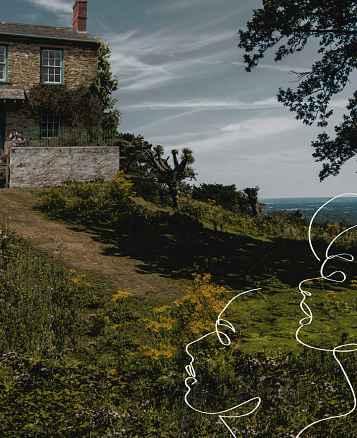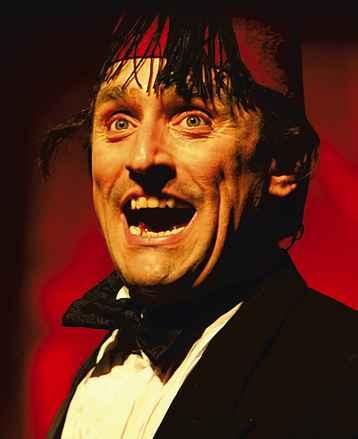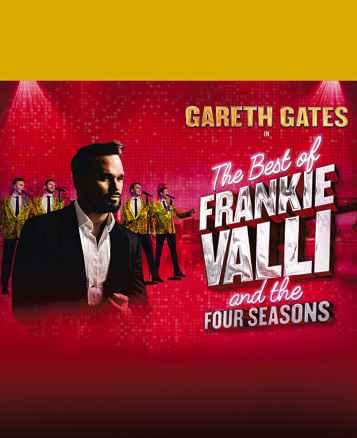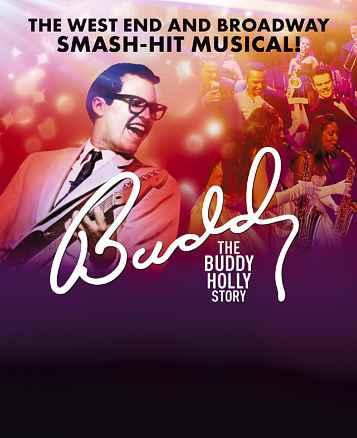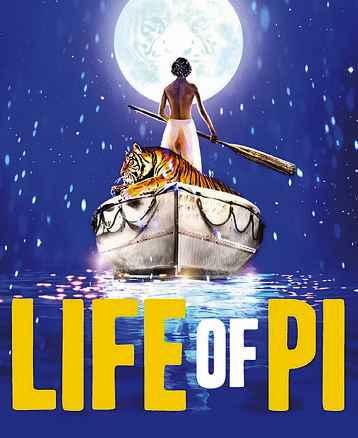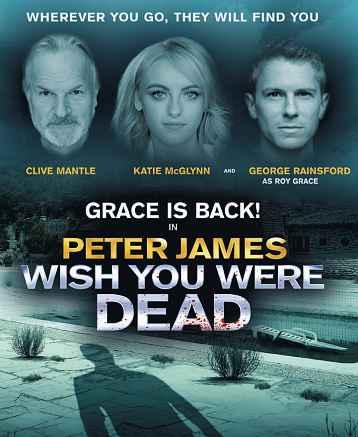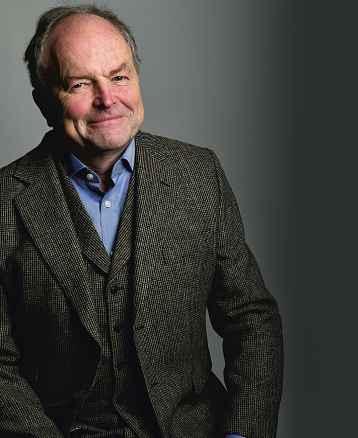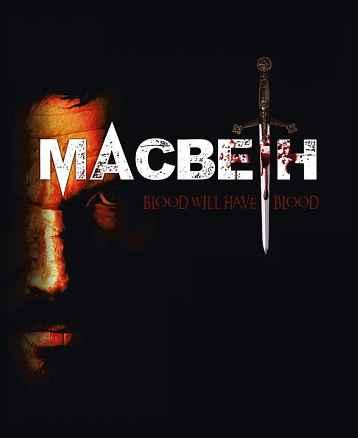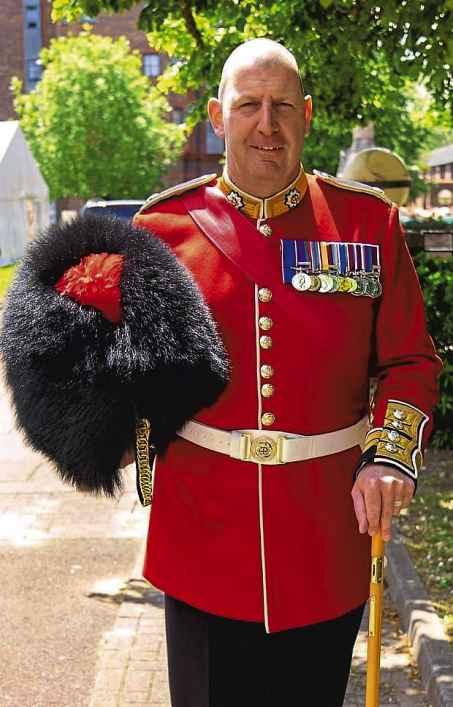
3 minute read
MILITARY PRECISION
MATTHEW
For the majority of us, I’d imagine there would be some nerves. And it would be more than a few butterflies floating softly and delicately in the stomach.
To play akey role in the coronation of King Charles III, forexample,organising itsmilitary and ceremonial aspects –with the eyes of the world on you –seems pretty terrifying.
But, for Garrison Sergeant Major Andrew ‘Vern’ Stokes, originally from Madeley and now living in Coalbrookdale, involvement in such royal occasions is becoming the ‘norm’.Infact, he must wonder what a‘normalyear’ feels like right now
Since taking on his role eight years ago, he has played aleading role in the Platinum Jubilee, Queen Elizabeth II’s 90th birthday and royal weddings to name but afew momentous occasions.
And, of course, on amore sombre note, he was akey figure in Her Majesty’s funeral and that of theDuke of Edinburgh, Prince Philip, before.
Vern no doubt still hasnerves, but they are superseded by adetermination to make sure the military aspectsof such grandioseaffairs run like clockwork.
Such vastexperience means, you know,the coronation is in safe hands.
But even someone as organised and disciplined as GSM Stokes admits every new event is achallenge
“Weare showcasing the country,the Commonwealth as well,” he says. “It all has to be right. There is an awful amount of pressure in making it right.
“But,” he adds, with asteely resolve, “in typical British fashion, we will pull it off and it will be absolutely fantastic.”
As we chat, full details of the coronation are yet to be revealed.
Reports say The King’s coronation procession will stretch to just 1.3 miles –around aquarter of the length of the late Queen’s five-mile celebratory journey
Anewly crowned Charles and Queen Consort will make their way back from Westminster Abbey via the tried and tested route of Parliament Square, along Whitehall, around Trafalgar Square, through Admiralty Arch and down The Mall back to Buckingham Palace.
The grand procession in 1953 took two hours and featured tens of thousands of participants, with the two-and-a-half mile cavalcade taking 45 minutes to pass any given point.
“Wereceived the date for the Coronation in November,” Vern explains. “We were given asmall brief and the aim is for the coronation to be reflectiveof what society is –acelebration but also to explain the constitution, the historical and spiritual significance of the occasion
“Obviously,there are changes compared to the Queen’s coronation. The Armed Forces are only about180,000 in number now whereas in 1953, the number stood at almost 900,000.
“There were 29,000 troops on parade in 1953 and we can’t do that today but we are still following precedents and we will have about 10,000 people on duty on May 6.
“Wewill fill London with military music and marching troops and there will be gun salutes in London and across the country,as well as ships placed abroad as well as a flypast.
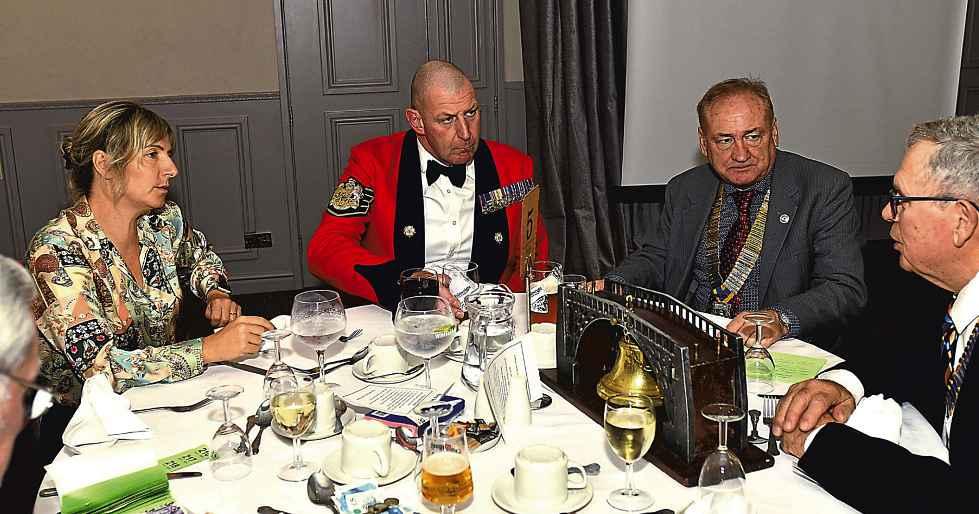
“It will be spectacular,a fantastic day and it all culminates on the Sunday with an incredible concert in thegrounds of Windsor Castle where the military will be providing the orchestra, playing the backing music for some of Britain andthe world’sbest-known artists.”
ForGSM Stokes –aBAFTA winner –the opportunity to play amajor role in another key moment in Britishand world history is something he’s immensely honoured by
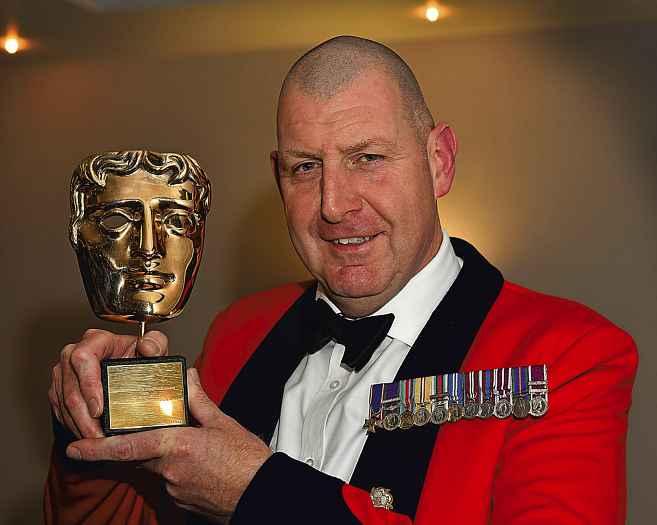
“I was the sixth GarrisonSergeant Major in The Queen’s 70-year reign,” he reflects. “For context, that compares to 15 Prime Ministers.
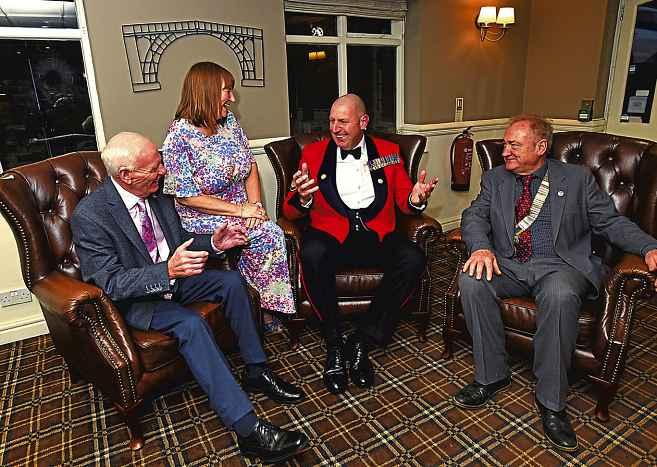
“Those other Garrison Sergeant Majors would have all wished to have the sort of exposure Ihave. In fact, they’d have just wanted one of the events. Ihave managed to captureall of those moments in my eight years of service so it’s been the job that kept on giving in many ways.
“It’s kept me incredibly busy and I’m not sure what life looks like after the coronation in terms of anormal year, because Idon’t think Ihave hadone in this job.
“ButI have been incredibly blessed and privileged to have been part of all those massive national occasions. It’s something Iamproud of.”
Something which must make the planning of such occasions achallenge thewhole gamut of emotions organise go through.
Some events –weddings, the coronation, the Jubilee –are joyous. Others –Remembrance Day and funerals –are reflective.
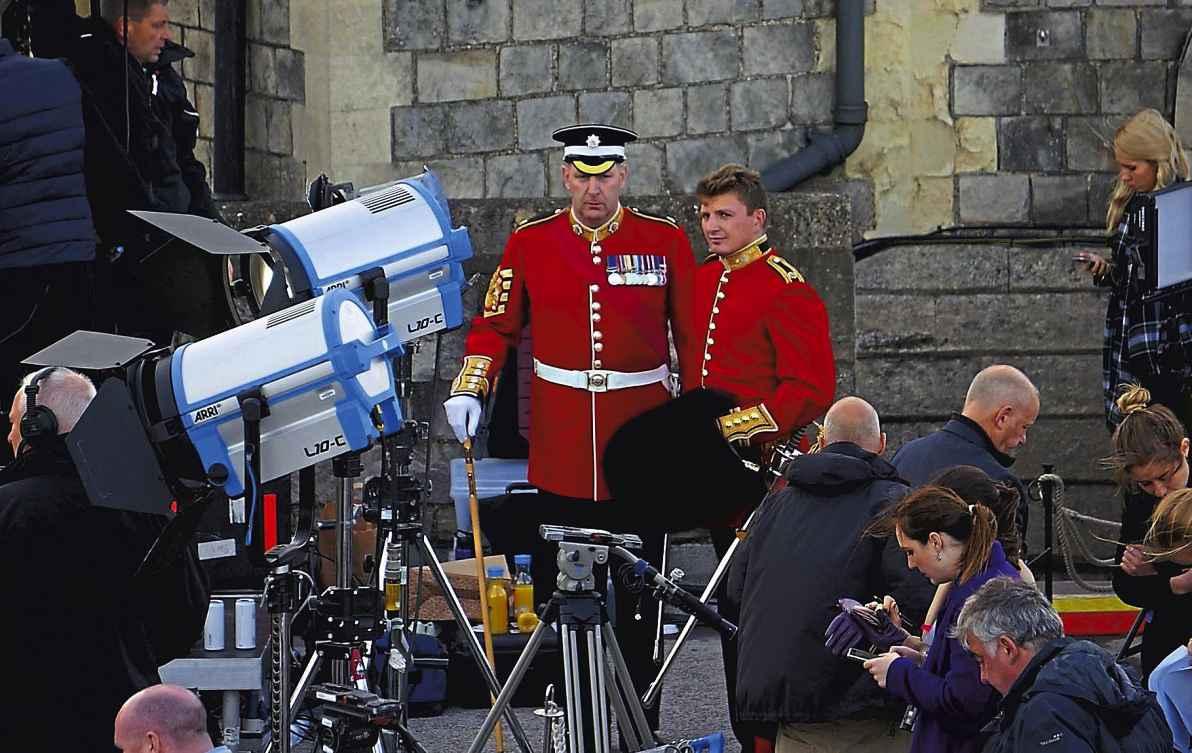
“It’s difficult to manage our emotions,” Vern says.“When it comes to all of them, whether happy,sad or celebratory,you invest so much time a effort into the planning and the delive of the events that you are completely i the zone.
“It’s only afterwards that you take step back and think ‘that was somethin quite special’. Then you can allow you brain to catch up and understand the emotion of what happened.
“You havetobeinthatmindset to make sure that these events go as they should. Youare in aposition to influen and you can’t get tied up in theemotio at the time.”
That was certainly thecase with H Majesty Queen Elizabeth II’s funeral i September
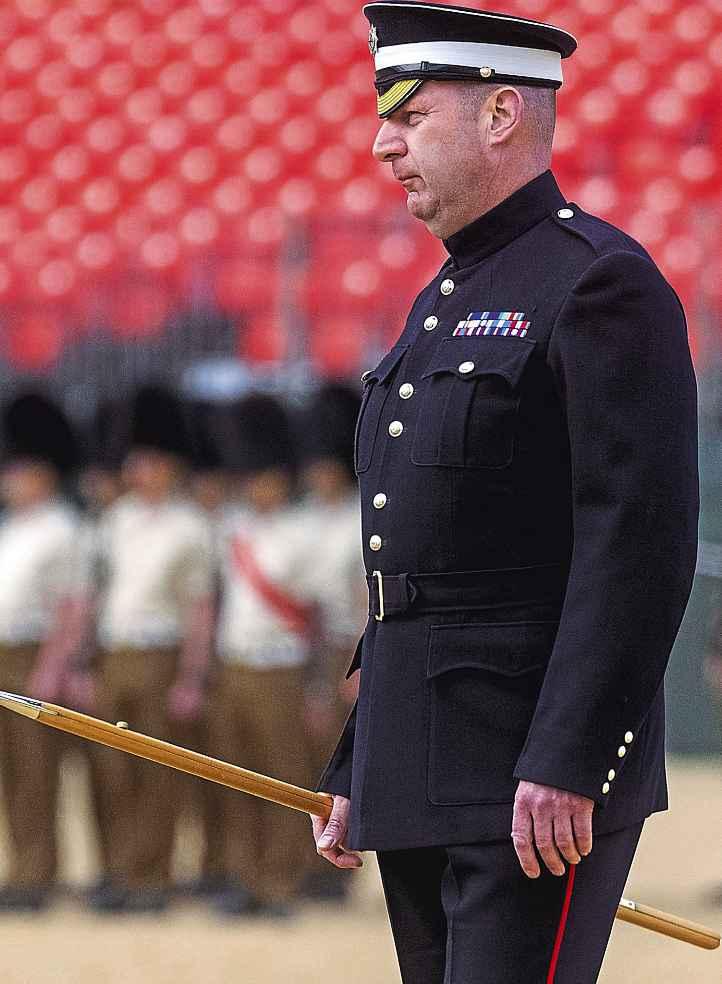
Now he has had chancetoreflect fully,the Garrison Sergeant Major say looks back with ‘intense pride’.
“Not because of what was achieve he adds. “But Ithink prideoverwhat e,is ers s and ery in a ng ur o y nce ons Her in yshe d,” The
